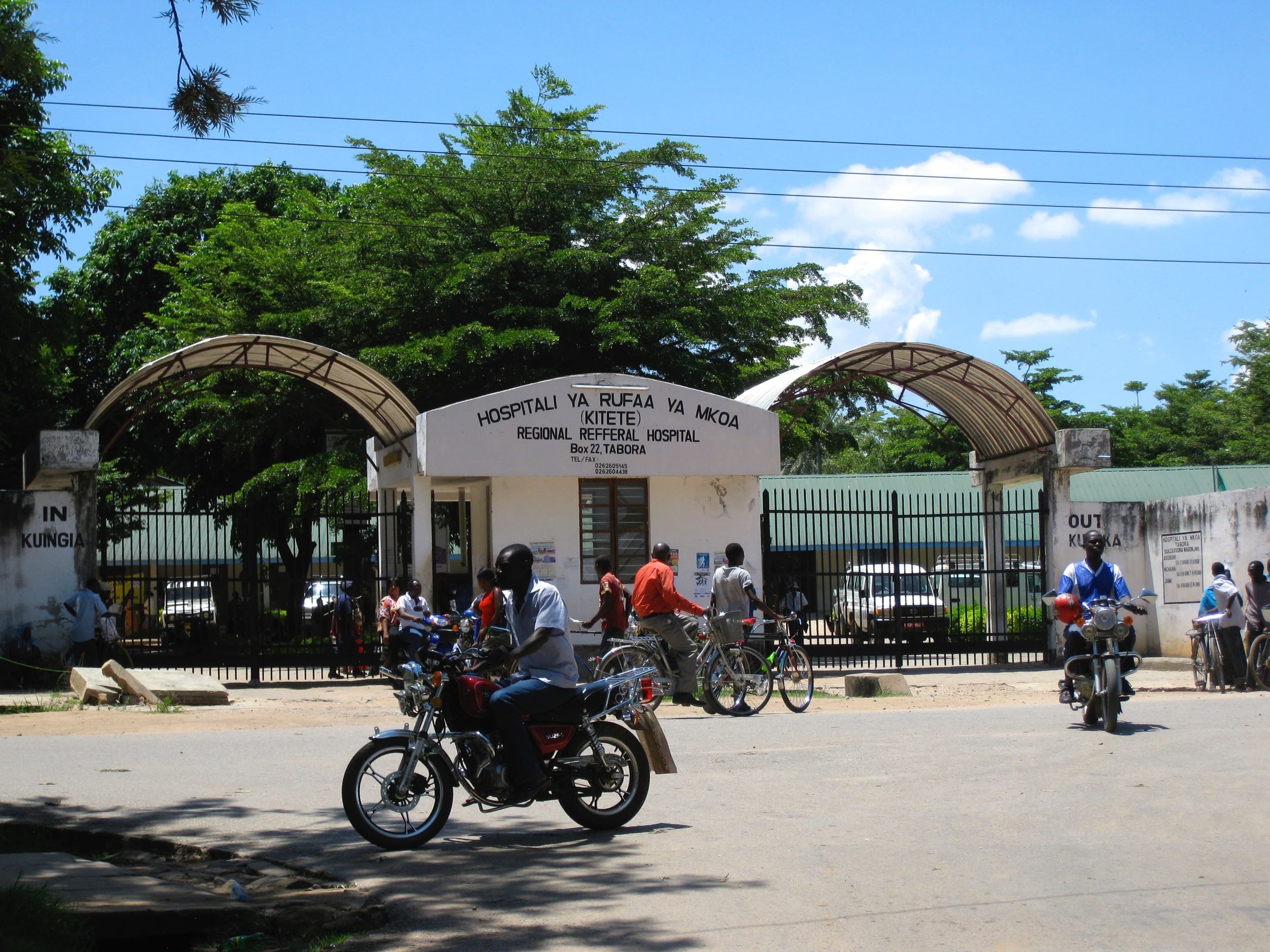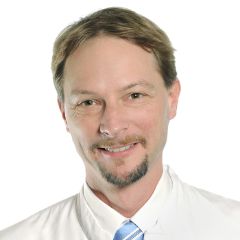
"Bags of waste collected"
In 2023, the gastroenterology team carried out a waste audit to gain important insights into the waste generated during endoscopic procedures. With concrete measures, they are contributing to greater sustainability at the USB.
Gastroenterology is particularly concerned with examinations of the gastrointestinal tract. How did you come to carry out a waste audit here?
Florian Rybinski: We wanted to find out how we can reduce our ecological footprint. To do this, we also need to understand how much of which waste is produced so that we can better manage potential savings measures.
Jolanda Vögtli: We have always felt that we produce a lot of waste. We carry bags of waste out of the rooms. This is also due to the products that are packed three, four or five times.
«Vor Ort findet ein gegenseitiges Lernen statt. Die Teams, die dort sind, lernen jedes Mal sehr viel. Man sieht das Gesundheitssystem hier mit ganz anderen Augen und die Herausforderungen und Probleme, die wir haben, relativieren sich.»


Dr. med. Werner Kübler, Hospital Director
Das Know-how wird vor Ort verankert
Einen Schwerpunkt der Kooperation in Tabora stellt das Engagement im Bereich Aus-, Weiter- und Fortbildung des Personals dar. So kann das USB seiner zentralen Funktion als Ausbildungsspital auch in Tansania nachkommen. Unter anderem bietet es geburtshilfliche Simulationskurse an, in denen der Umgang mit den häufigsten Komplikationen in der späten Schwangerschaft und während der Geburt vermittelt und trainiert werden.
Das Ziel ist dabei, die interdisziplinäre Zusammenarbeit von Hebammen, Ärztinnen und Ärzten in Notfallsituationen zu verbessern und die Überlebenschancen für Mutter und Kind zu erhöhen. Gleichzeitig werden Ausbildende vor Ort geschult, damit sie diese Simulationskurse selbst anbieten können. Durch dieses Train-The-Trainer-Konzept werden die Skills vor Ort verankert. Das mittlerweile offiziell anerkannte Kursangebot wird aktuell in weiteren Spitälern der Region sowie in Hebammenschulen in Tansania verbreitet.

Engagiert vor Ort – mit Kopf, Herz und Hand
Do you still see potential for savings?
Florian Rybinski: There certainly is. We have noticed that we sometimes throw away unused items. This is because they are included in prefabricated sets but we don't need them. In addition, we sometimes don't dispose of our waste correctly. At the moment, virtually all endoscopic instruments are disposed of as dangerous, sharp instruments, even though most of them are not necessary. This causes unnecessarily high disposal costs and is bad for the environment.
Our next step is to recycle more and classify endoscopic instruments better. Whether recycling is possible depends on legal requirements. Close cooperation with the waste disposal department is very important here.
Eric Pflimlin: A lot depends on the supply chains and companies from which we source the materials. There are standardized products such as the adapters for biopsy needles in several sizes. Although I only need one size, I am forced to dispose of all the other sizes. This is where we could start.
